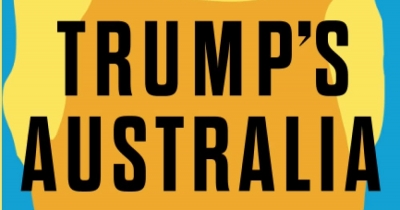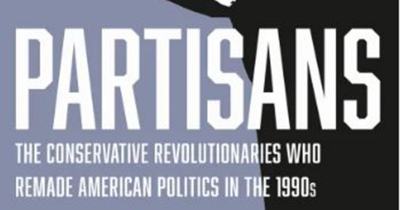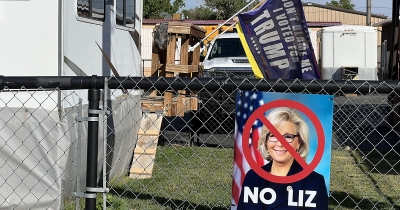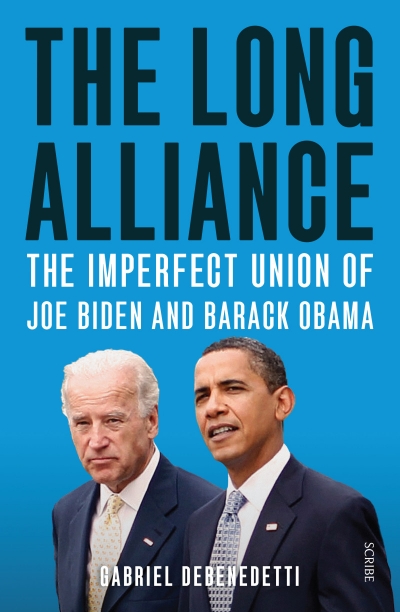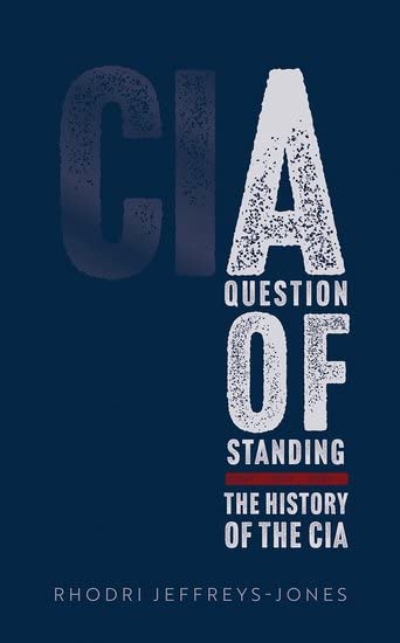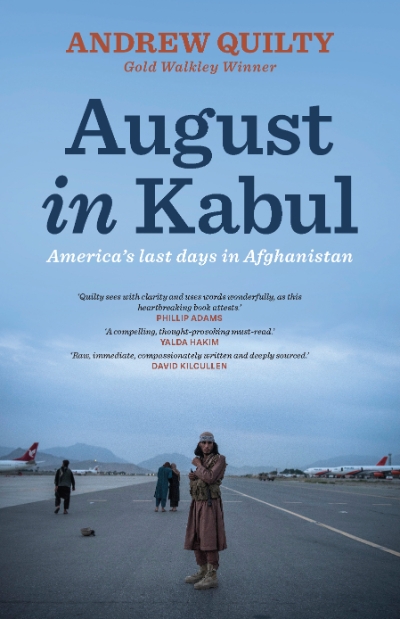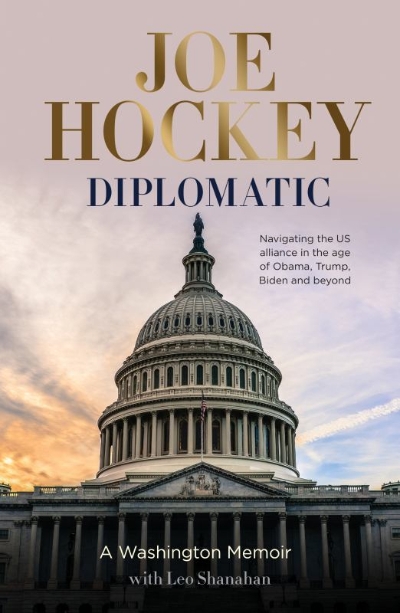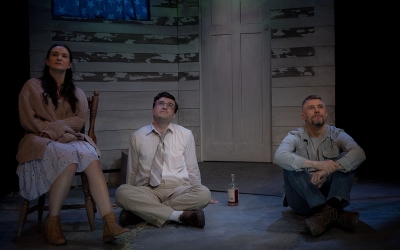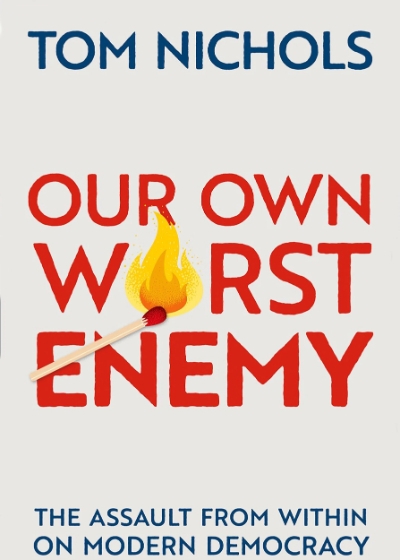Accessibility Tools
- Content scaling 100%
- Font size 100%
- Line height 100%
- Letter spacing 100%
US Politics
The ABR Podcast
Released every Thursday, the ABR podcast features our finest reviews, poetry, fiction, interviews, and commentary.
Subscribe via iTunes, Stitcher, Google, or Spotify, or search for ‘The ABR Podcast’ on your favourite podcast app.
‘Where is Nancy?’ Paradoxes in the pursuit of freedom
by Marilyn Lake
This week on The ABR Podcast, Marilyn Lake reviews The Art of Power: My story as America’s first woman Speaker of the House by Nancy Pelosi. The Art of Power, explains Lake, tells how Pelosi, ‘a mother of five and a housewife from California’, became the first woman Speaker of the United States House of Representatives. Marilyn Lake is a Professorial Fellow at the University of Melbourne. Listen to Marilyn Lake’s ‘Where is Nancy?’ Paradoxes in the pursuit of freedom’, published in the November issue of ABR.
Recent episodes:
A recent advertisement in The Guardian headed ‘Can’t get enough of the US election?’ prompted reflections on our seeming obsession with the current presidential campaign. Myriad readers follow the contest closely, almost compulsively. On the hour, we check the major websites for the latest polls or Trumpian excesses. In a way, the election feels more urgent, galvanising, consequential, and downright entertaining then next year’s federal election.
... (read more)Trump's Australia: How Trumpism changed Australia and the shocking consequences for us of a second term by Bruce Wolpe
Partisans: The conservative revolutionaries who remade American politics in the 1990s by Nicole Hemmer
The United States is entering an important phase. By this time next year, with most presidential candidates declared, we will know whether the republic is post-Trump and returning to ‘normalcy’ or approaching peak-Trump and moving toward some sort of civil discord. I predict the former. The midterm elections in November 2022 revealed a nation grasping for the centre. The extremes of left and right did poorly. I expect this trend to continue through November 2024. So, for centrists, some New Year reasons to be cheerful.
... (read more)The Long Alliance: The imperfect union of Joe Biden and Barack Obama by Gabriel Debenedetti
A Question of Standing: The history of the CIA by Rhodri Jeffreys-Jones
August in Kabul: America’s last days in Afghanistan by Andrew Quilty
Diplomatic: A Washington memoir by Joe Hockey with Leo Shanahan
Not long into Will Arbery’s Heroes of the Fourth Turning a character brings out an acoustic guitar and is asked to play a song. He chooses Townes Van Zandt’s ‘Nothin’’, a melancholy ballad pulled from the annals of American folk music. When it was released in 1971, many assumed it represented Van Zandt’s struggle with drug addiction. In fact, as he explained two years before his death, the song was inspired by Nikos Kazantzakis’s The Last Temptation of Christ, a novel banned by the Catholic Church in 1955 for representing a Christ figure prone to human fallibilities.
... (read more)

